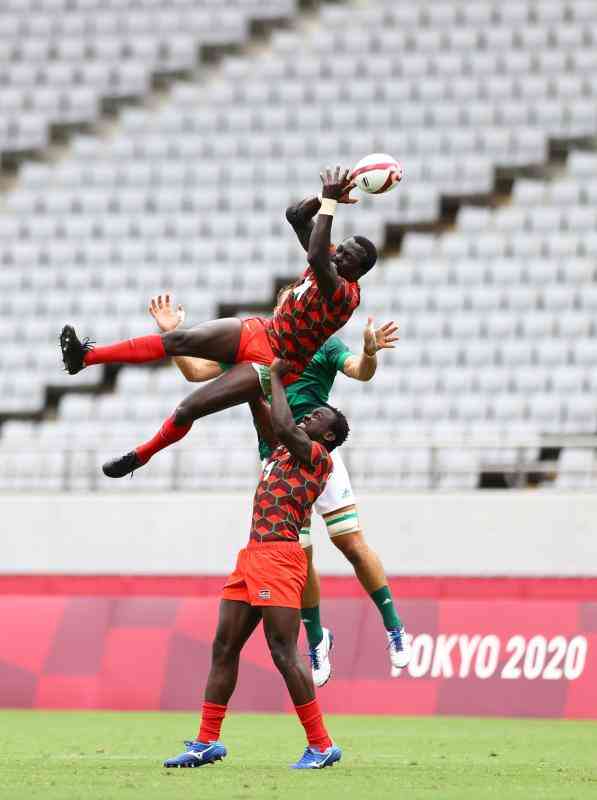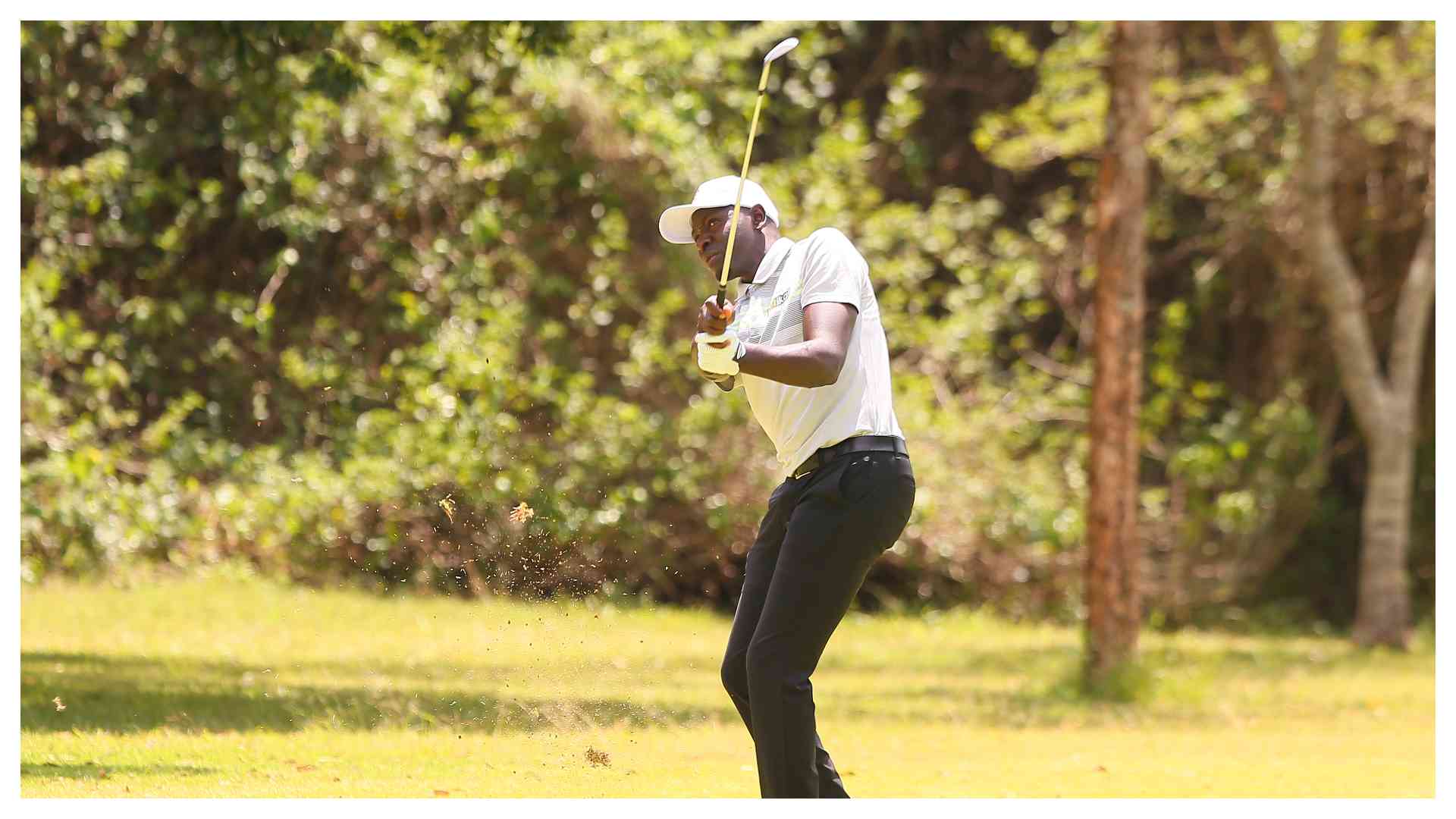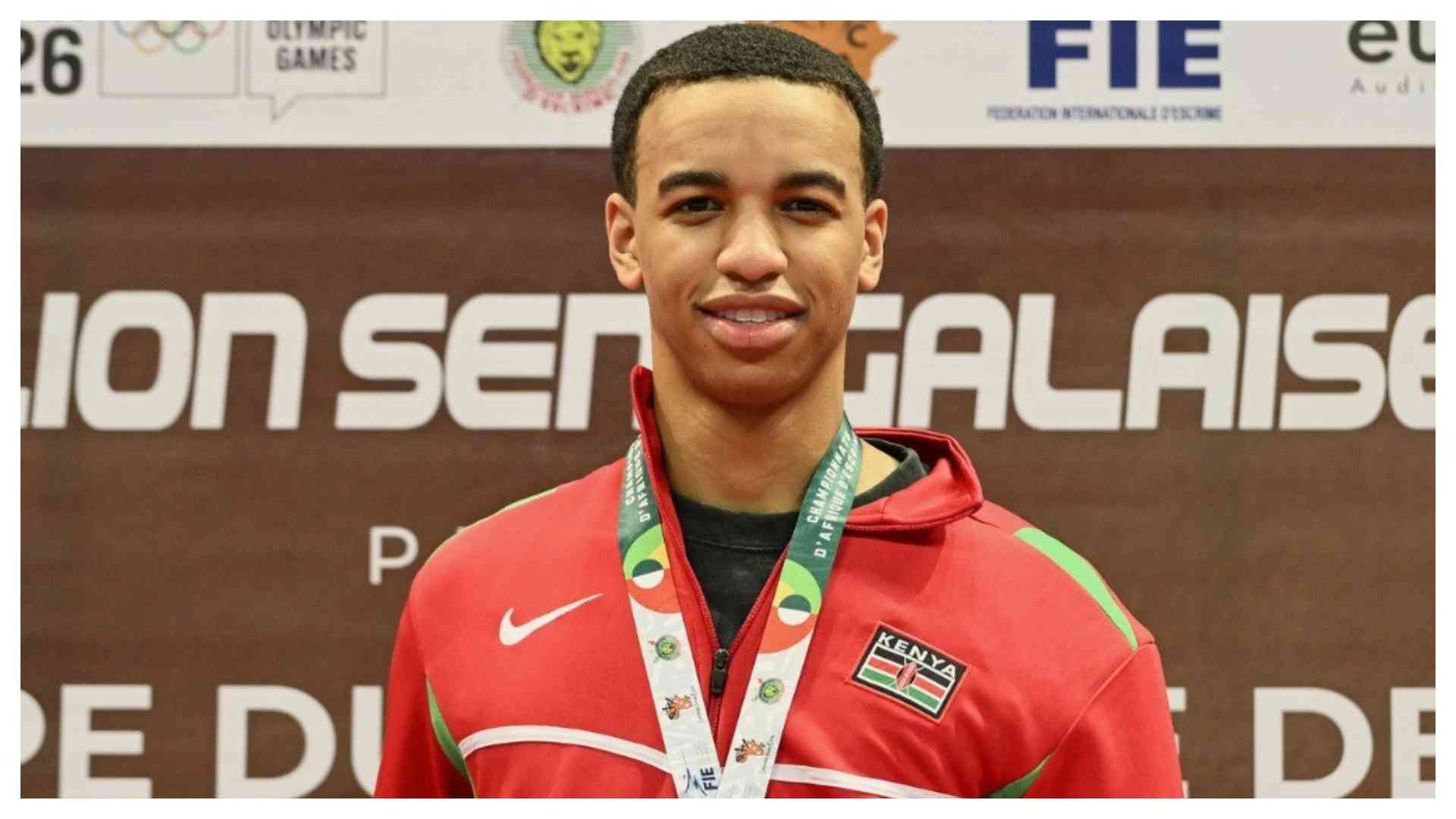×
The Standard e-Paper
Truth Without Fear

Audio By Vocalize

All eyes will be on Kenya Sevens when they make their sixth consecutive appearance at the Rugby World Cup Sevens finals set to kick off on Friday in South Africa.
Commonly referred to as Shujaa, the Damian McGrath coached side have been at every World Cup final since making their debut in 2001 at the Mar del Plata in Argentina.

